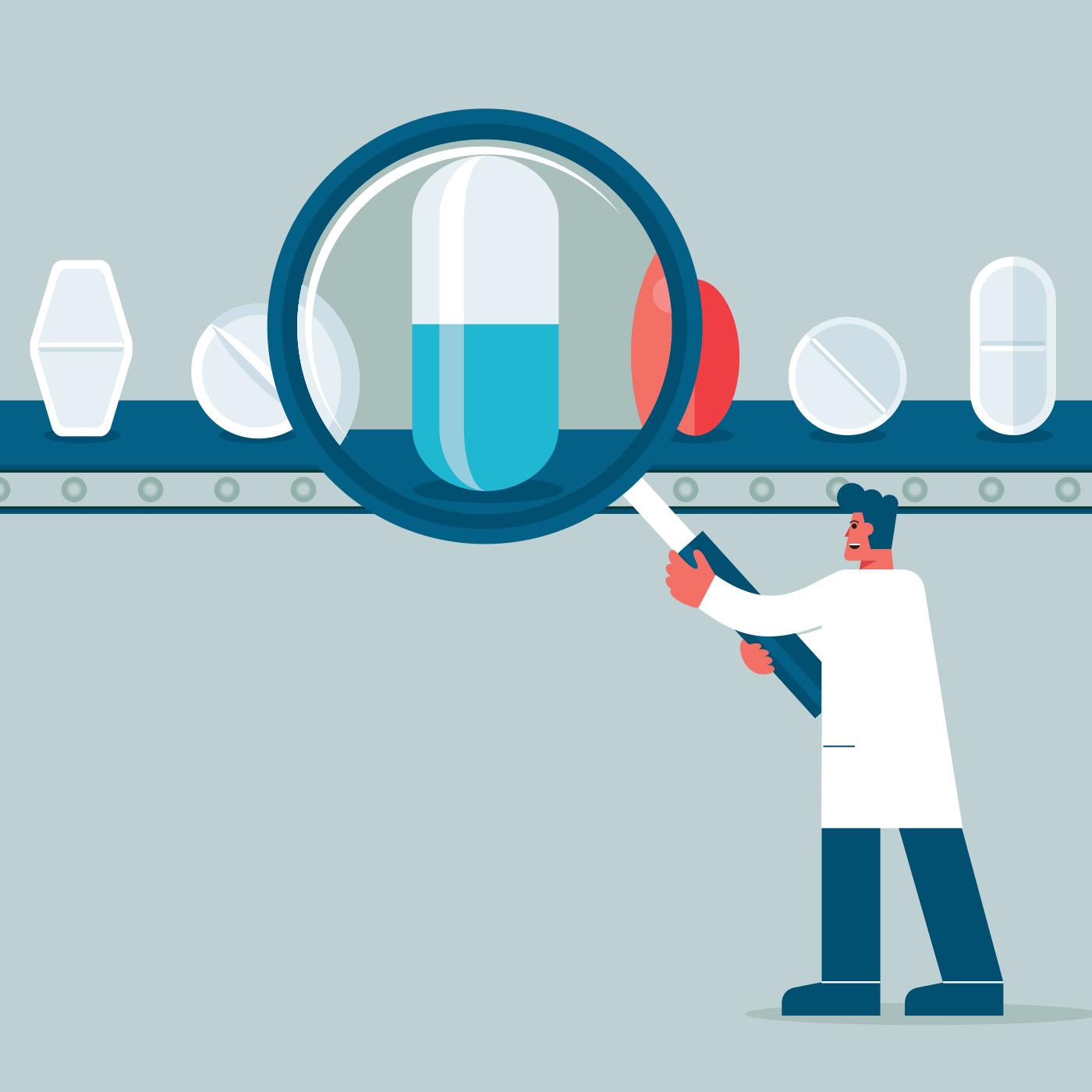
Research & Discovery
Lowering the cost of lifesaving drugs
$21.5 million in grant funding helps a VCU institute improve access to medicine worldwide
Advances in modern medicine have reduced tuberculosis to mostly an afterthought in wealthier nations like the U.S. But the disease persists in countries with more limited resources: Since 2020, it’s the world’s second-leading killer among infectious diseases, trailing only COVID-19. It claims 1.6 million lives each year, mostly in Southeast Asia, Africa and the Western Pacific, according to the World Health Organization.
More than 10 million people contract TB each year, and an estimated 450,000 have resistance to the most common drugs used to treat the disease. About two-thirds of them can’t access second-line treatment.
“TB is treatable, provided patients can afford the medications that exist in the marketplace today. Unfortunately, many in low- and middle-income countries do not have the resources to afford these treatments,” says Charles Shanahan, Ph.D., director of global health research at the Medicines for All Institute at VCU. “M4ALL is working to significantly lower the cost of raw materials required to make these key TB drugs so that the thresholds for access can be lowered as much as possible. With the insights we develop, we engage manufacturers to actively ensure costs actually come down.”
Since 2017, Medicines for All has worked on several high-priority drugs used today and that could be used in the future to treat some of the world’s most threatening infectious diseases. Now, $21.5 million in grant funding from the Bill & Melinda Gates Foundation will help the institute expand this work.
Saving costs, saving lives
To make lifesaving medicine more accessible, scientists at Medicines for All are, essentially, reinventing pharmaceutical manufacturing by introducing new production methods that make it cheaper to design drugs at scale. The result is streamlined manufacturing, improved production efficiency and less waste and environmental harm. It’s a promising blueprint for fighting diseases like TB.
Support from the Gates Foundation, including a $25 million grant in 2017, has enabled Medicines for All researchers to improve manufacturing processes for important tuberculosis drugs, including bedaquiline, pretomanid and sutezolid. These improvements could reduce costs for the active ingredients by 30%-60%.
The latest grant will support 14 global health projects to lower the cost of drugs to treat tuberculosis, malaria, HIV and neglected tropical diseases. Medicines for All has received more than $60 million from the foundation over the past decade.
“Support from the Bill & Melinda Gates Foundation has enabled us to have an impact on the lives of countless people,” says Medicines for All CEO B. Frank Gupton, Ph.D. (Ph.D.’00). “This new grant will continue to support the important work that we all still have ahead of us to continue to deliver low-cost medicines to those who need them.”
